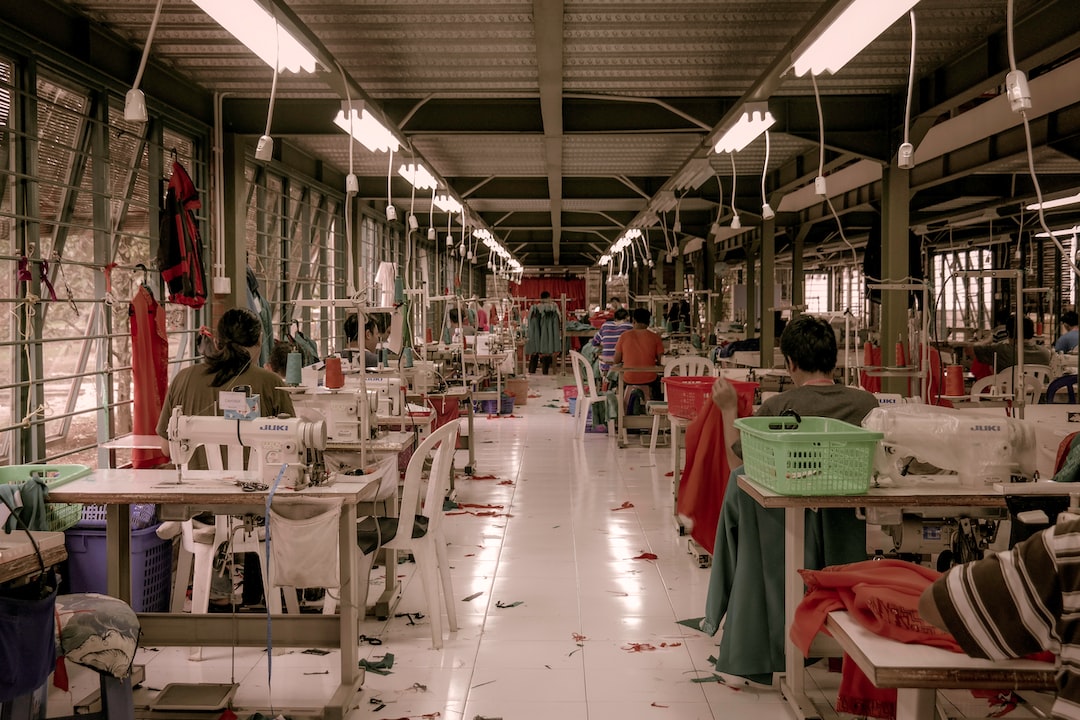The Role of Government Policies in Shaping Manufacturing Strategies
Government policies play a pivotal role in shaping manufacturing strategies of a country. These policies provide the necessary framework and guidelines for businesses to operate, and they influence the direction and growth of the manufacturing sector. In this blog post, we will explore the various ways in which government policies impact manufacturing strategies.
One of the primary roles of government policies is to establish a favorable business environment for manufacturers. This includes providing incentives and tax breaks to encourage investment in the manufacturing sector. Governments often create special economic zones or industrial parks with attractive tax and regulatory benefits to attract manufacturing companies. These policies can have a significant impact on the location and distribution of manufacturing facilities, as companies are more likely to set up operations in areas with favorable policies.
Government policies also impact manufacturing strategies through regulations. Health and safety, environmental, and labor regulations set by the government influence the way manufacturers operate. For instance, regulations related to worker safety may require manufacturers to adopt specific practices or invest in safety equipment. Environmental regulations can prompt companies to implement sustainable manufacturing practices or invest in technology that minimizes emissions. Compliance with these regulations becomes an integral part of the manufacturing strategies as companies need to ensure they meet the legal requirements imposed by the government.
Additionally, government policies in areas such as trade and tariffs significantly impact manufacturing strategies. Governments often impose tariffs to protect domestic industries from foreign competition or to promote local manufacturing. These trade policies affect the cost of imported raw materials and finished goods. Consequently, manufacturers need to analyze these policies and devise strategies to mitigate potential risks or take advantage of opportunities they present. For instance, a high tariff on imported goods might prompt a company to set up manufacturing facilities locally or explore alternative sourcing options.
Government policies also influence manufacturing strategies through their focus on research and development (R&D). Governments often provide funding or tax incentives for companies involved in R&D activities, particularly in high-technology sectors. Such policies encourage companies to invest in technological innovation, which can lead to better manufacturing processes, new products, or increased competitiveness. R&D-focused policies can shape manufacturing strategies by driving investment in areas that align with government priorities, such as sustainable technologies or advanced manufacturing processes.
Moreover, government policies play a role in shaping the skill development initiatives within the manufacturing sector. Many governments invest in education and training programs to provide the necessary skill sets required by the industry. By having a skilled workforce, manufacturers can adopt innovative manufacturing techniques, increase productivity, and remain competitive globally. Policies that encourage vocational training, apprenticeships, or collaboration between industry and academia are instrumental in shaping the manufacturing strategies of companies.
Lastly, government policies related to intellectual property rights (IPR) protection are crucial for manufacturers. These policies aim to safeguard the innovations and intellectual property of companies, allowing them to enjoy exclusive rights to their inventions or creations. Strong IPR protection encourages companies to invest in research and development, knowing that their inventions will be protected from unauthorized use. Such policies not only shape manufacturing strategies but also promote a culture of innovation and creativity within the manufacturing sector.
In conclusion, government policies play a critical role in shaping manufacturing strategies. From establishing a favorable business environment and regulating manufacturing practices to influencing trade and tariffs, R&D, skill development, and intellectual property rights, government policies provide the necessary framework for manufacturers to thrive. As the manufacturing landscape evolves, it becomes increasingly important for companies to understand and adapt to government policies to ensure long-term success in the manufacturing sector.

